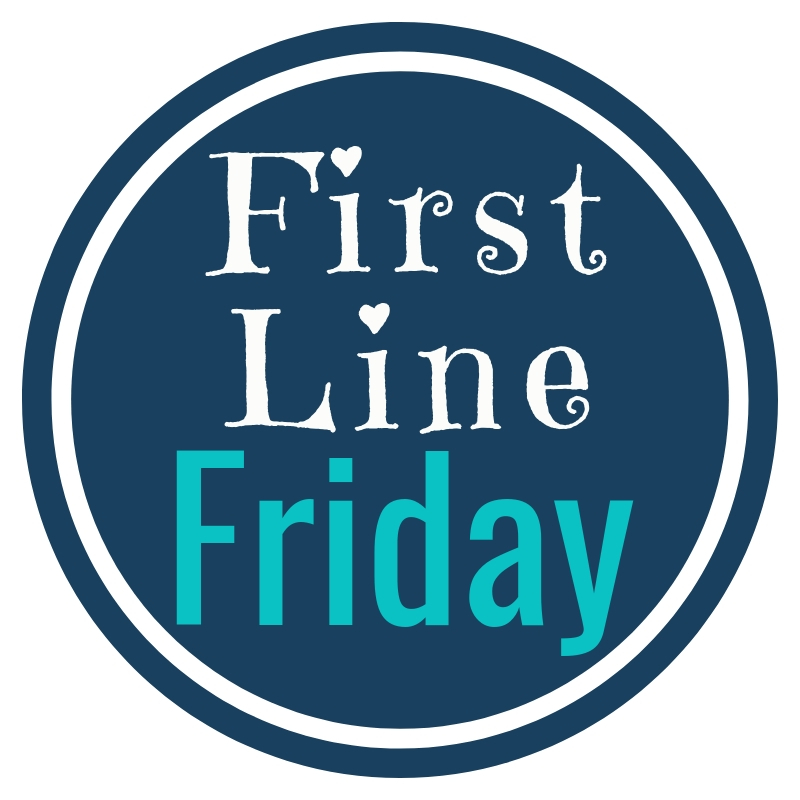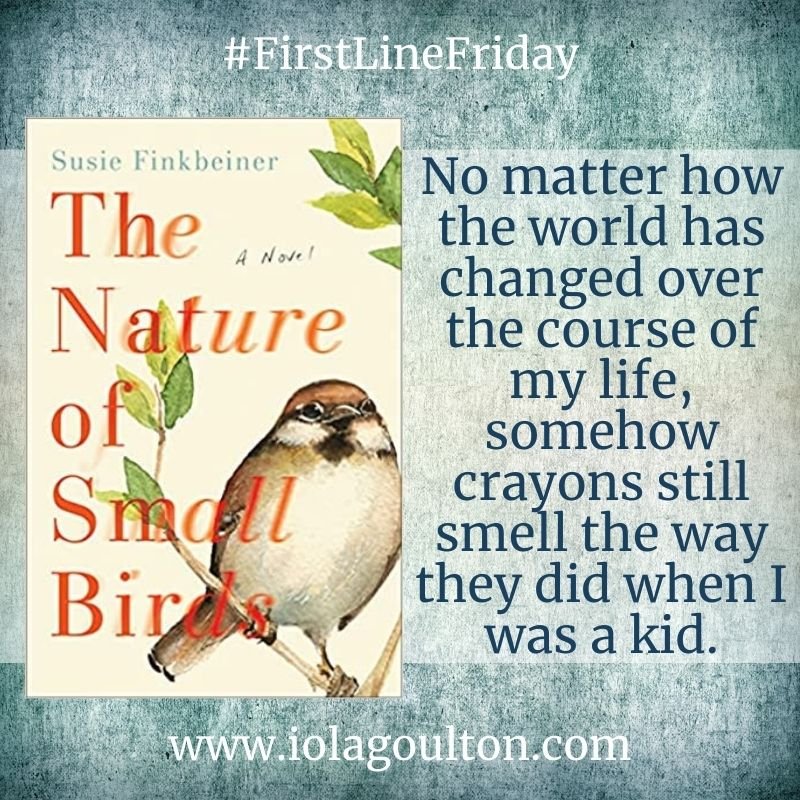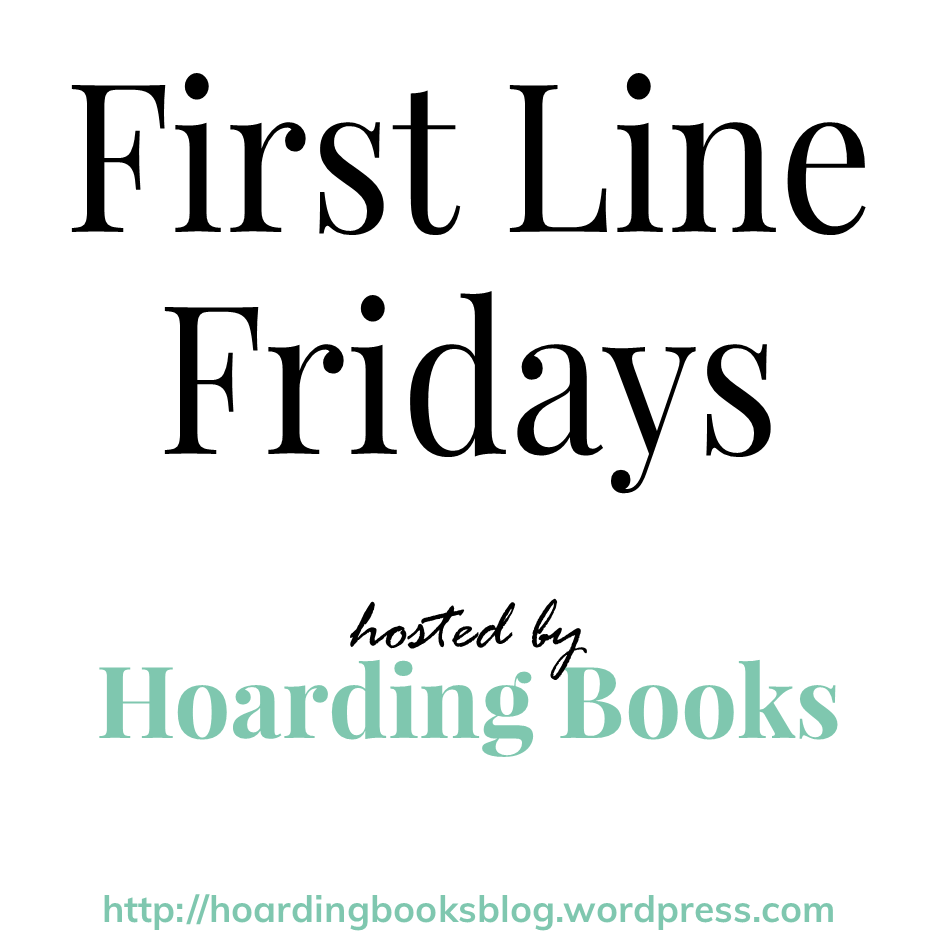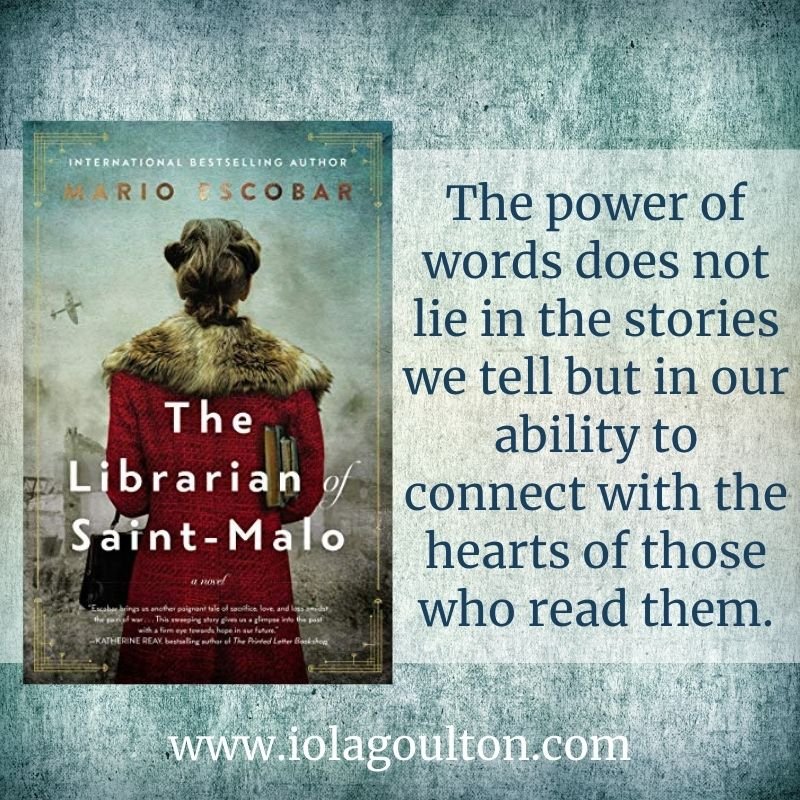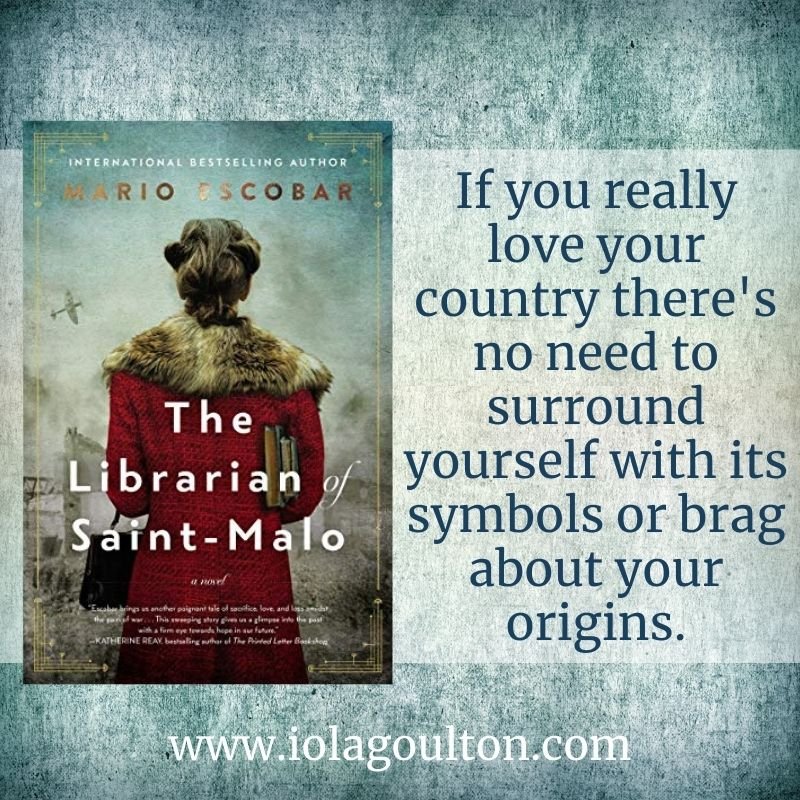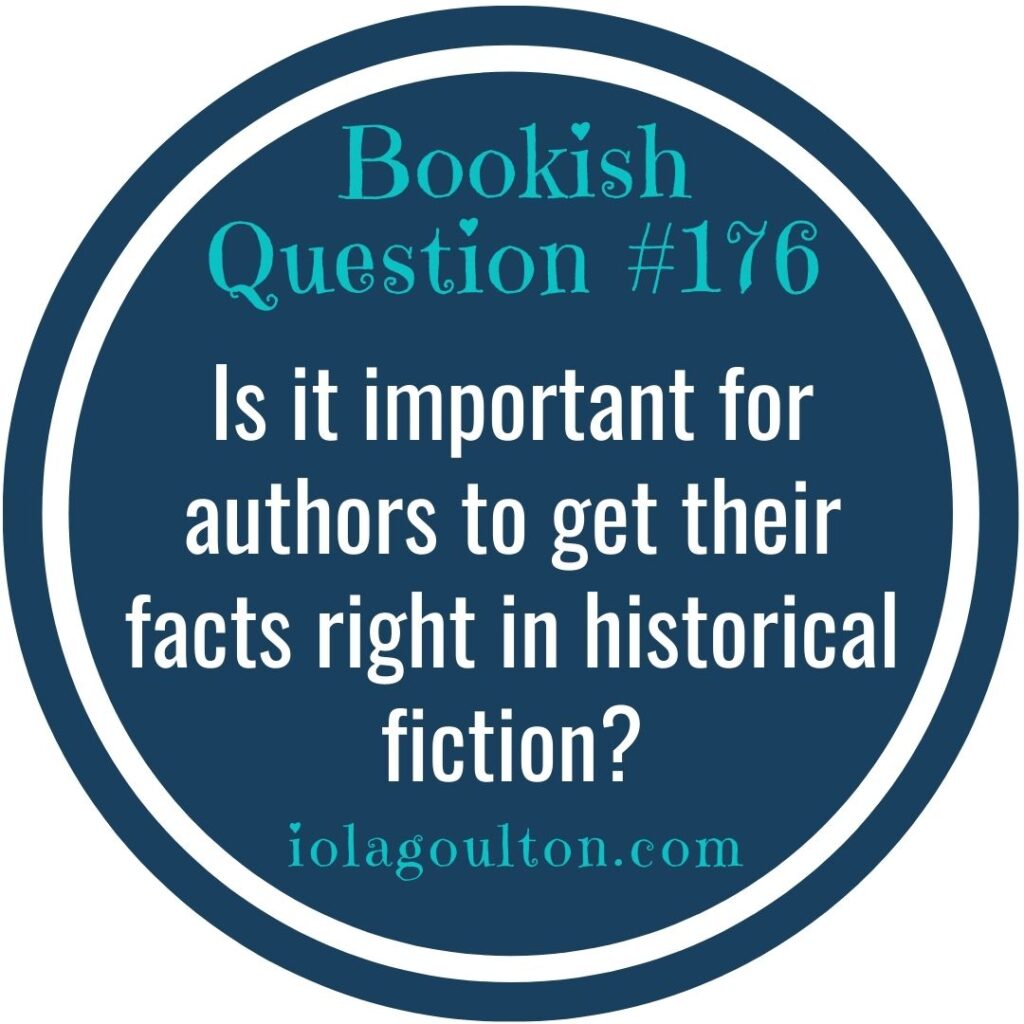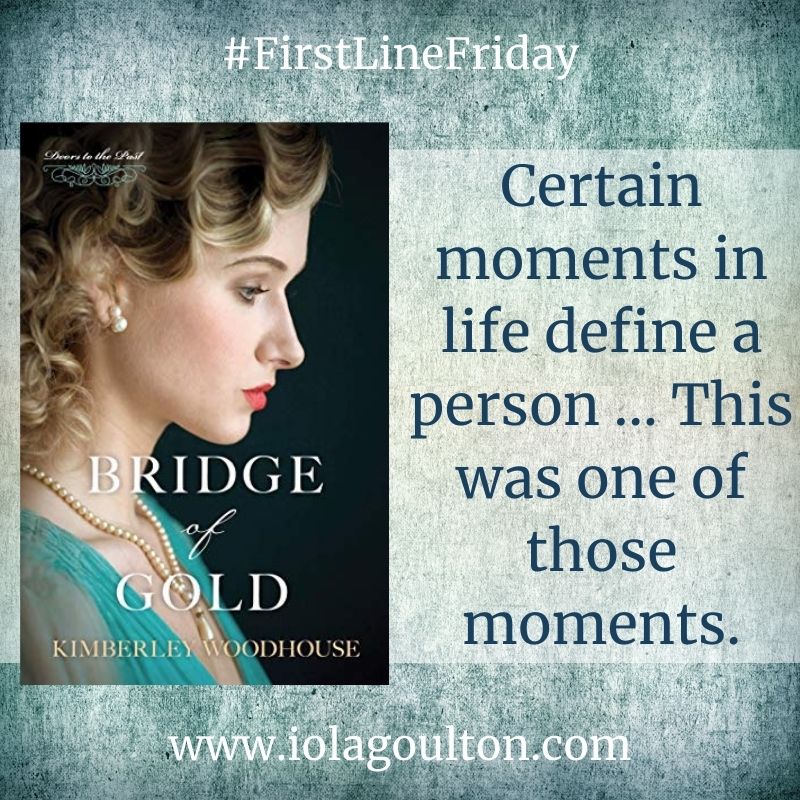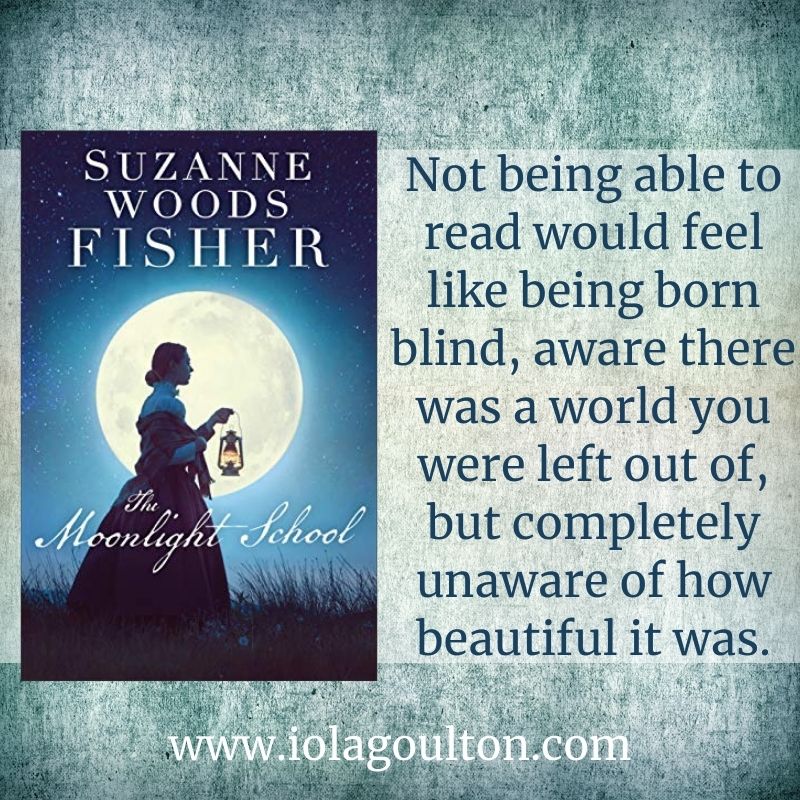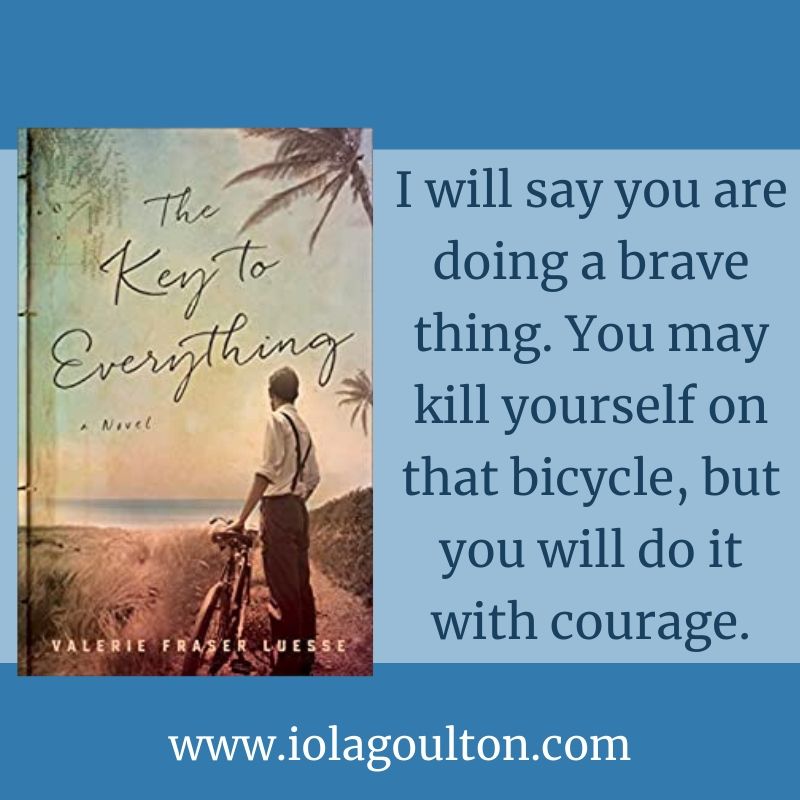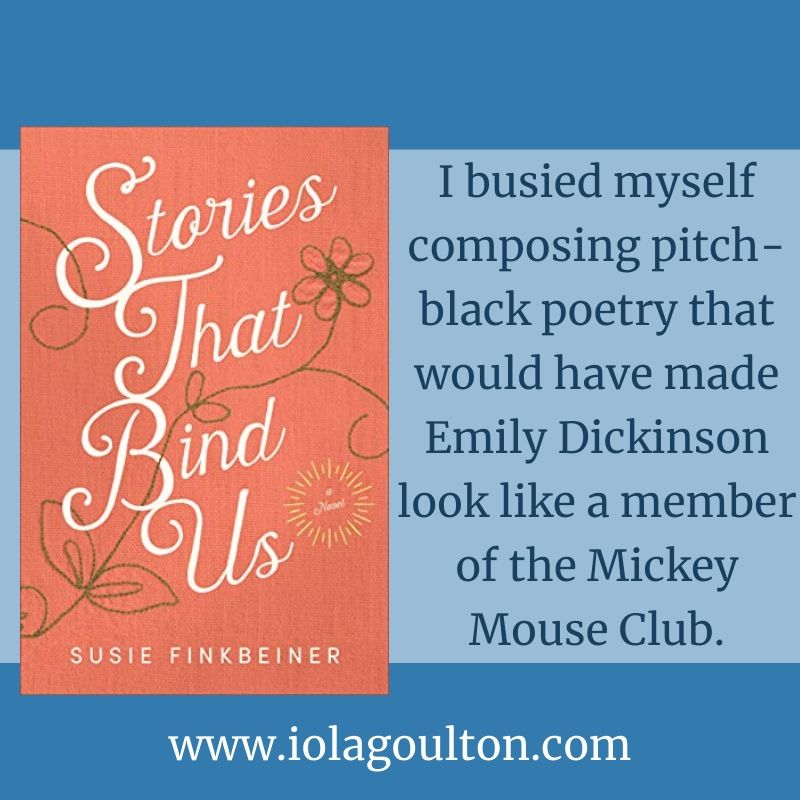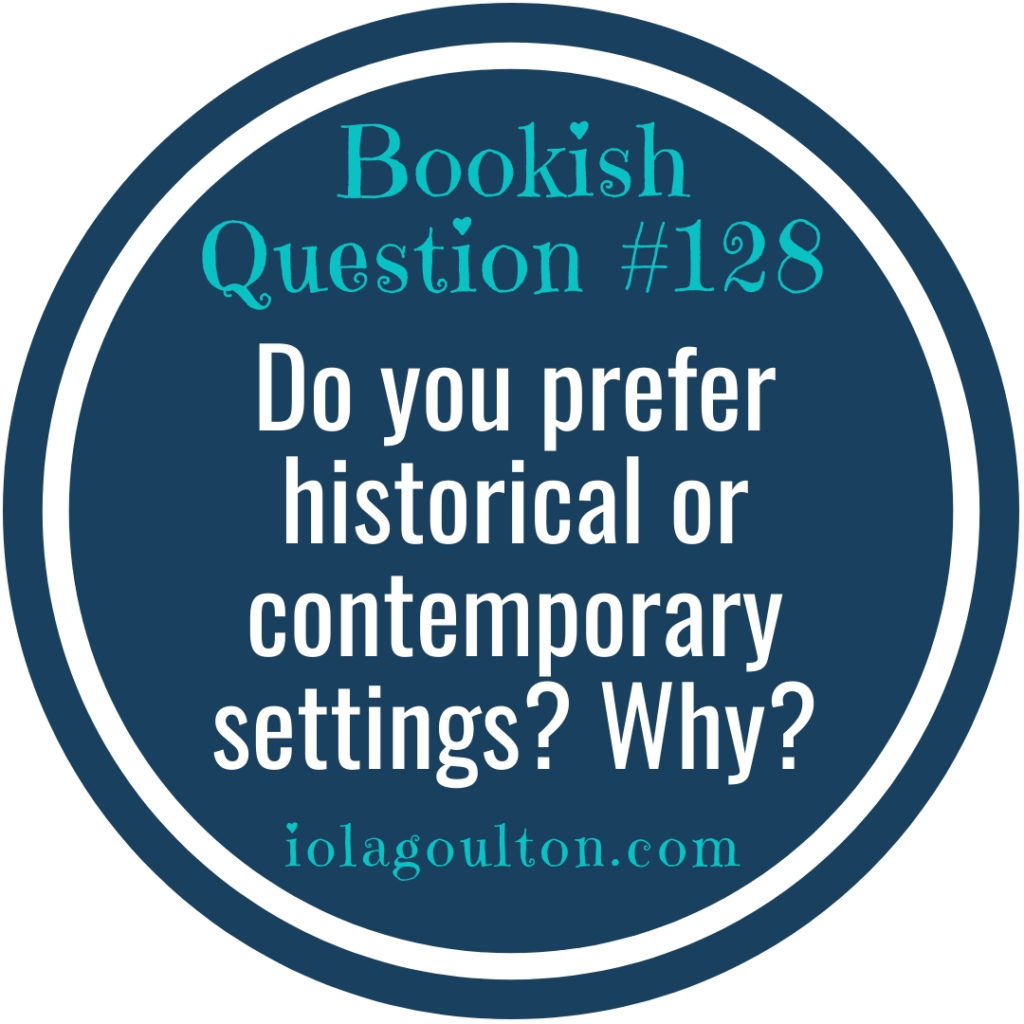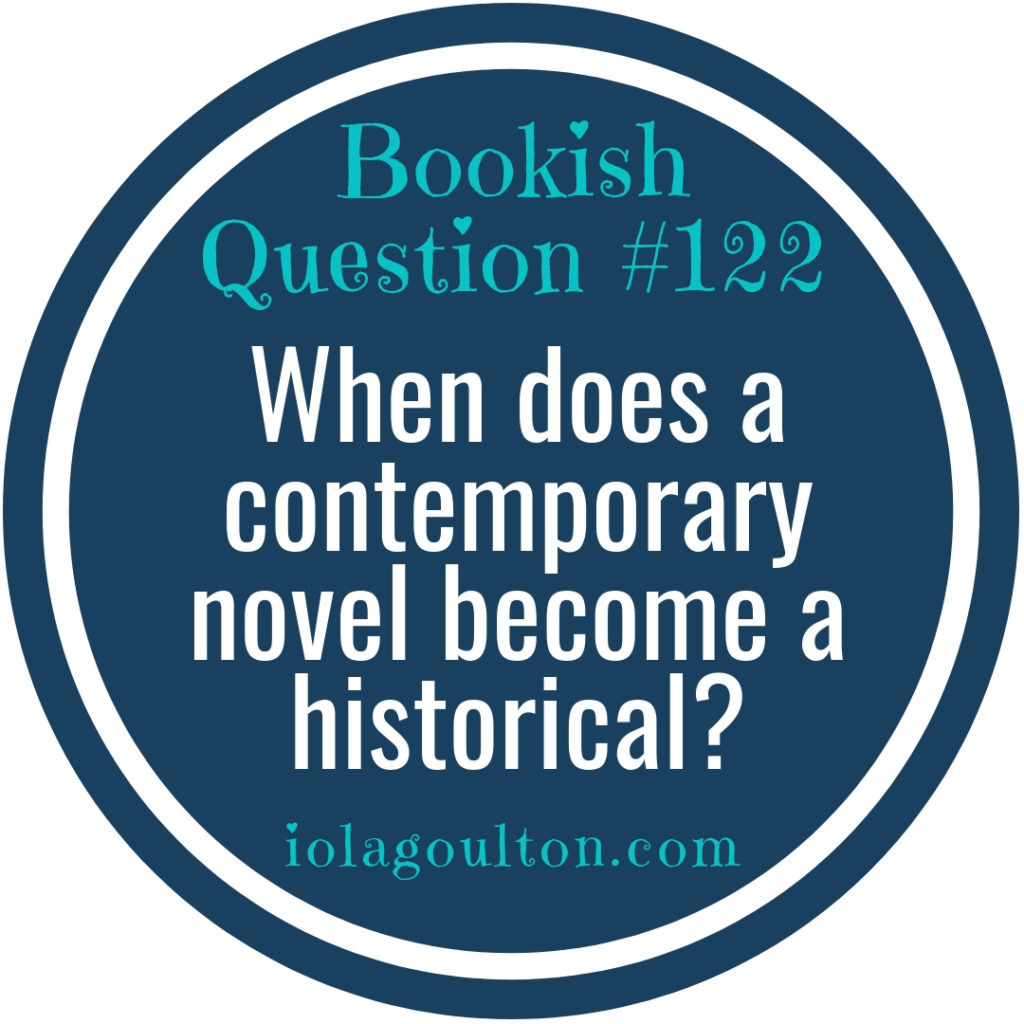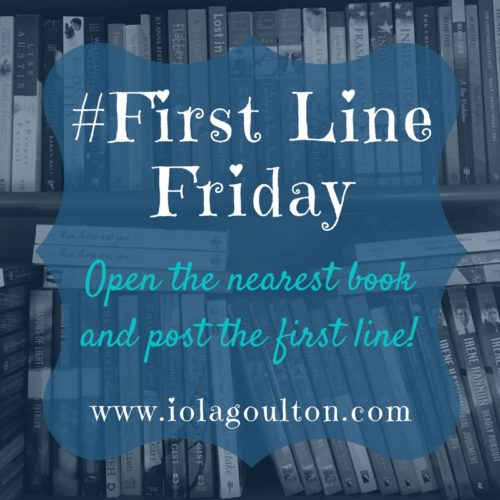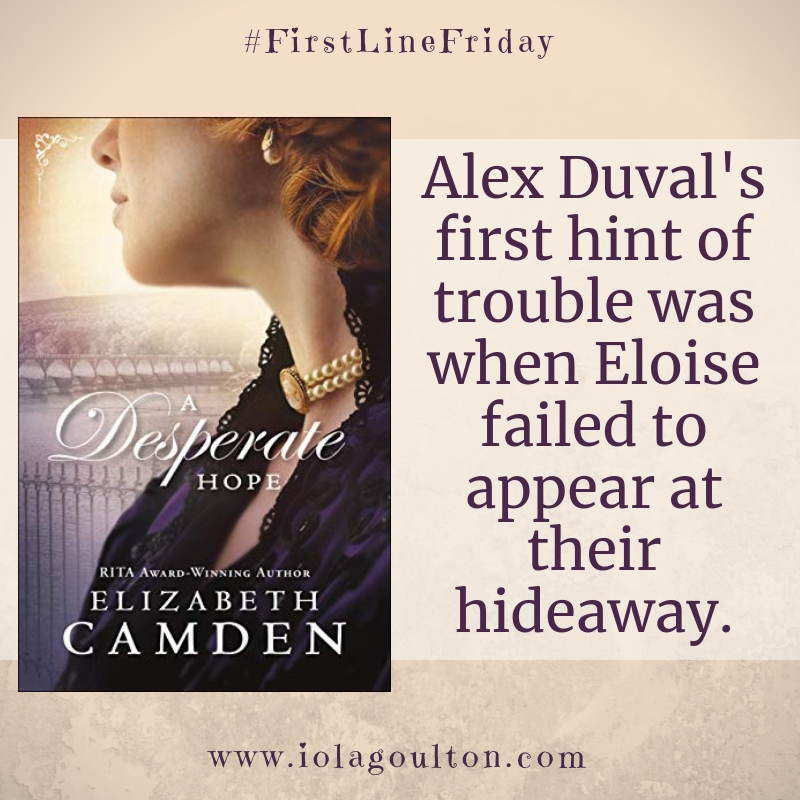I listened to a podcast where Ginny Yttrup interviewed Suzanne Woods Fisher about her latest release, The Moonlight School. There were two things discussed in the interview that convinced me I had to read this book.
First, the book was about a new-to-me aspect of history.
One of my favourite aspects of historical fiction is the opportunity to learn about new people or events. This one that sounded fascinating: the moonlight schools created by Cora Wilson Stewart in Appalachia, to teach the adult residents of the “hollars” to read.
Second, Ginny Yttrup admired the use of Appalachian dialect in the book.
As a reader, I’m not always a fan of dialect in fiction, as I find it can distract from the story. As a writer and editor, I’m always intrigued to read a well-executed writing technique and to dissect how it works.
The book started with a list of characters, something I generally don’t like except in historical fiction where it’s important to know which characters are fiction and which are based on real people (something Suzanne Woods Fisher discussed in her ending Author’s Note). Done badly, a cast of characters (or family tree) can give away half the book’s plot. (I once read one where the family tree showed the main character was going to die halfway through the book. Talk about a spoiler!
Even done well, I find that a list of characters subconsciously signals bad writing—as though the author (or publisher) are worried the reader will get confused without the list. Personally, I find the opposite is true. I find a long list is more likely to confuse me because the list doesn’t say which characters are important and which are not. Good writing should introduce the characters in such a way that the reader knows who all the characters are—and how important they are—without getting lost. I don’t think the character list was necessary in The Moonlight School, as I ignored it and never felt lost.
Next, there was a Glossary, because the book used a lot of Appalachian dialect. I have a similar view on glossaries as I do character lists. If the book is well-written, then the meanings of the nonstandard words should be obvious from the context and the Glossary becomes unnecessary. Adding the glossary feels like the book is going to be hard, and it wasn’t.
Also, let’s be honest: while it’s easy to flick back to the list of characters or the glossary in a paperback, it’s almost impossible in an ebook. So it’s better to write the book in such a way that neither are needed.
In both cases, I think Suzanne Woods Fisher’s writing was strong enough that the characters, character relationships, and dialect were all easy enough to understand without the introductory lists.
Now, let’s get onto the story.
While the writing was excellent, I found the story very slow going. Why? Because the title, the book description, and the podcast interview had all intrigued me with the promise of the moonlight schools—something that wasn’t mentioned at all in the first half of the book.
So if the story isn’t about the moonlight schools, what is it about? It’s about Lucy Wilson, who leaves her home in Lexington, Kentucky, in 1911, to work as assistant to her father’s cousin, Cora Wilson Stewart, the first female Superintendent of Education in Rowan County.
Lucy initially finds the move from city to country life difficult, and I found her difficult to like. She seemed like a bit of a wet blanket, and I didn’t exactly find it believable that her upper-middle class upbringing hadn’t included riding lessons. However, I warmed to Lucy as she gradually got to know and appreciate the countryside and the people, and as she comes to appreciate the benefits of the less sophisticated way of life.
Lucy is also upset by the way the lumber companies—including her father’s company—are ruining the land. She realises one of the reasons is because the local people don’t understand the logging contracts they are signing, because they can’t read. This leads into conversations about literacy and the beliefs of the time: that adults can’t learn to read.
An unexpected meeting leads Cora to question that belief, and to develop the idea of the moonlight schools.
After that, I got into the story better and enjoyed it a lot more. Parts of the story were reminiscent of Christy by Catherine Marshall, including the innocent young girl barely out of school, the crusty older woman as the mentor, and the subtle and not-so-subtle attention of two very different men.
Overall, I think I would have enjoyed the book much more if it had been described as a coming-of-age story in the style of Christy, set against the backdrop of the changes logging brought to the Appalachians—good and bad—and the subsequent motivation to improve adult literacy. I think if I’d have known that before I read the story, I would have enjoyed it more.
As such, my reactions to this book show the importance of setting expectations as an author, then delivering on them. The book was excellent. But it wasn’t the book the title or book description promised.
Thanks to Revell and NetGalley for providing a free ebook for review.
About Suzanne Woods Fisher
Suzanne Woods Fisher is an award-winning, bestselling author of more than 30 books, including On a Summer Tide and On a Coastal Breeze, as well as the Nantucket Legacy, Amish Beginnings, The Bishop’s Family, The Deacon’s Family, and The Inn at Eagle Hill series, among other novels. She is also the author of several nonfiction books about the Amish, including Amish Peace and Amish Proverbs.
Find Suzanne Woods Fisher online at:
Website | Facebook | Instagram | Pinterest | Twitter
About The Moonlight School
 Haunted by her sister’s mysterious disappearance, Lucy Wilson arrives in Rowan County, Kentucky, in the spring of 1911 to work for Cora Wilson Stewart, superintendent of education. When Cora sends Lucy into the hills to act as scribe for the mountain people, she is repelled by the primitive conditions and intellectual poverty she encounters. Few adults can read and write.
Haunted by her sister’s mysterious disappearance, Lucy Wilson arrives in Rowan County, Kentucky, in the spring of 1911 to work for Cora Wilson Stewart, superintendent of education. When Cora sends Lucy into the hills to act as scribe for the mountain people, she is repelled by the primitive conditions and intellectual poverty she encounters. Few adults can read and write.
Born in those hills, Cora knows the plague of illiteracy. So does Brother Wyatt, a singing schoolmaster who travels through the hills. Involving Lucy and Wyatt, Cora hatches a plan to open the schoolhouses to adults on moonlit nights. The best way to combat poverty, she believes, is to eliminate illiteracy. But will the people come?
As Lucy emerges from a life in the shadows, she finds purpose; or maybe purpose finds her. With purpose comes answers to her questions, and something else she hadn’t expected: love.
Inspired by the true events of the Moonlight Schools, this standalone novel from bestselling author Suzanne Woods Fisher brings to life the story that shocked the nation into taking adult literacy seriously. You’ll finish the last page of this enthralling story with deep gratitude for the gift of reading.
Find The Moonlight School online at:
Amazon | Bookbub | ChristianBook | Goodreads | Koorong


